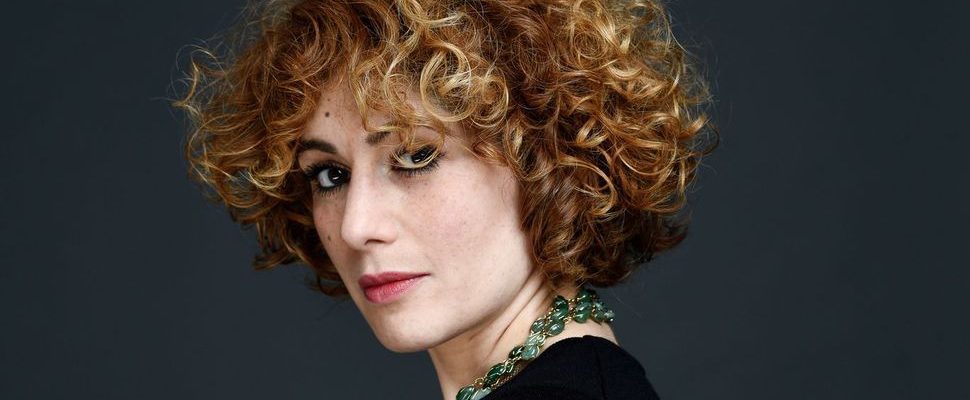The citizens’ convention on the end of life ended with the submission of a report which came out, by a large majority, in favor of euthanasia and assisted suicide. I confess that I still don’t know what to think of civic conventions, nor euthanasia, nor assisted suicide. I admit to being in doubt, and that it seems to me particularly healthy to be. I confess to being exasperated, even angry, at those who paint the “yes” side as progressivism and freedom and reduce the other side to rancid religious conservatism. I am fascinated by those who, in the name of a personal experience or an immutable liberal principle, can say with force their certainty on a subject that demands time and depth.
The principle of the citizens’ convention raises questions. The one on the end of life is unanimously welcomed; that on the climate had cruelly shown its limits. After all, how is it possible that the nuclear issue has never been addressed by the citizens’ climate convention? Among 150 citizens drawn at random, was there not a single one to suggest considering nuclear as a low-carbon energy? A group of citizens remains a human group where singularity can appear as an unbearable transgression – especially since the pressure of radical ecology prevents any step aside, any questioning of apocalyptic dogma, immediately sending any offender back to the climatosceptic camp.
But unlike the cutesy and militant unanimity of the climate convention, that on the end of life did not let it go. Very quickly, echoes reached us pointing out the ambiguities of the course of the workshops, and the bias induced by the questions. Several citizens have called for more meetings with palliative care stakeholders. Faced with the silence of the organizers, they decided to move on their own and meet them. Citizens are often better than their representatives, especially when it comes to the latter confirming that they were right – here to believe the majority of French people agree with a law on euthanasia.
Take time for reflection
Each testimony on a very painful end of life is unbearable and can lead me to come out in favor of euthanasia. Each story about the loneliness or even the tragic abandonment of the last few days, each loved one who recounts the anguish, the helplessness, the guilt in the face of the suffering that could have been avoided, each book which, in detail, makes us live through the last harrowing hours leads anyone with a modicum of empathy to vote for euthanasia or assisted suicide. As La Bruyère wrote, “a long illness seems to be placed between life and death, so that death itself may become a relief both to those who die and to those who remain”.
But is sticking to the emotion aroused by singular testimonies the best way to make a choice that will lead an entire country towards a law whose consequences we cannot measure without taking the time to reflect and to set necessary limits? Thus, asking doctors to kill seems to me a very difficult gesture to impose ethically. Assisted suicide, on the other hand, would avoid pushing patients who know they are condemned to the most acute pain and the inevitable suffering to be able to leave without resorting to “artisanal” means which often traumatize those who remain.
Palliative care appears as a fair response to legitimate questions. The citizens’ convention on the end of life has also clearly called for palliative care to be (largely) better endowed. Ending one’s life and approaching death in a dedicated place where professionals can help you seems obvious to me. What bothers me is that euthanasia and assisted suicide seem to be an economical solution. It would indeed cost more to extend the supply of palliative care to the entire territory, to hire and train caregivers.
The end-of-life debate should begin with that hated word spoken out loud: death. Then remember like Paul Valéry that “man is leaning against his death, like the conversationalist at the fireplace”. And finally open a serene deliberation, without taboos and without pressure, without reducing the question to “freedom of choice”. Death is much more complex than a matter of individual freedom.
